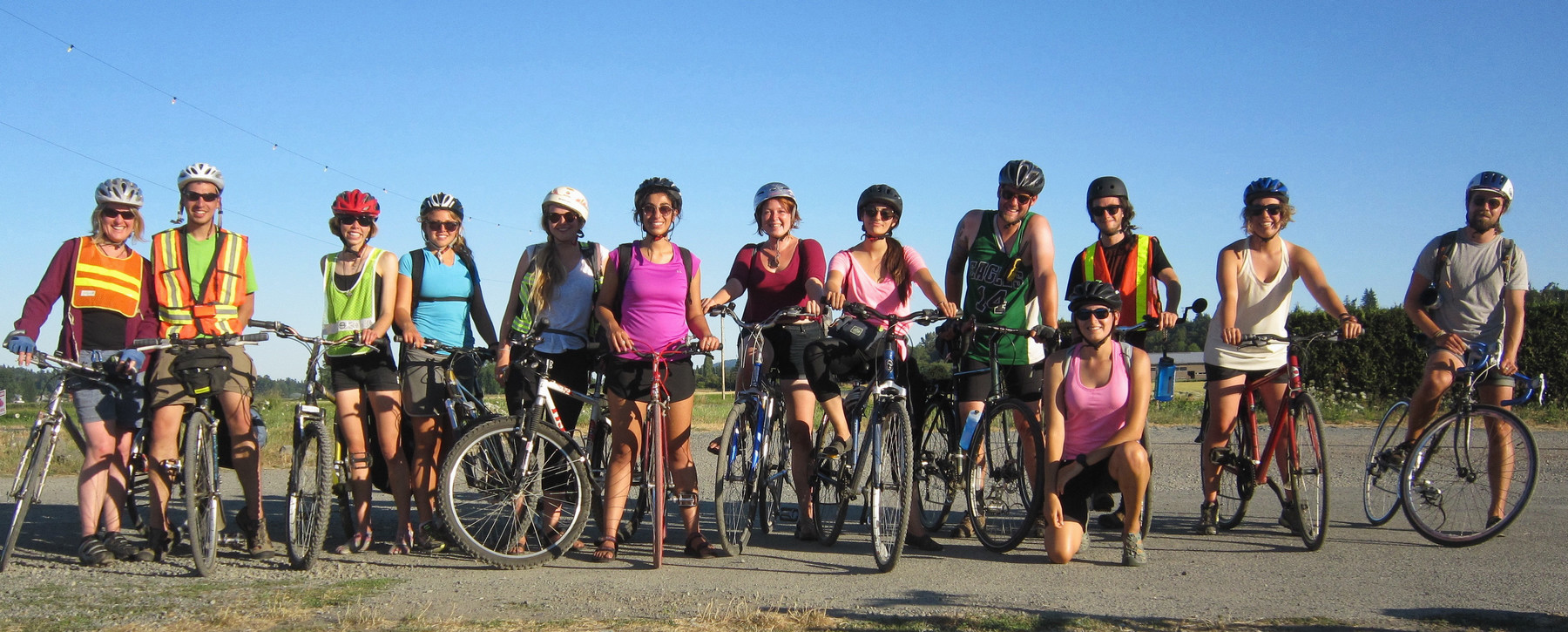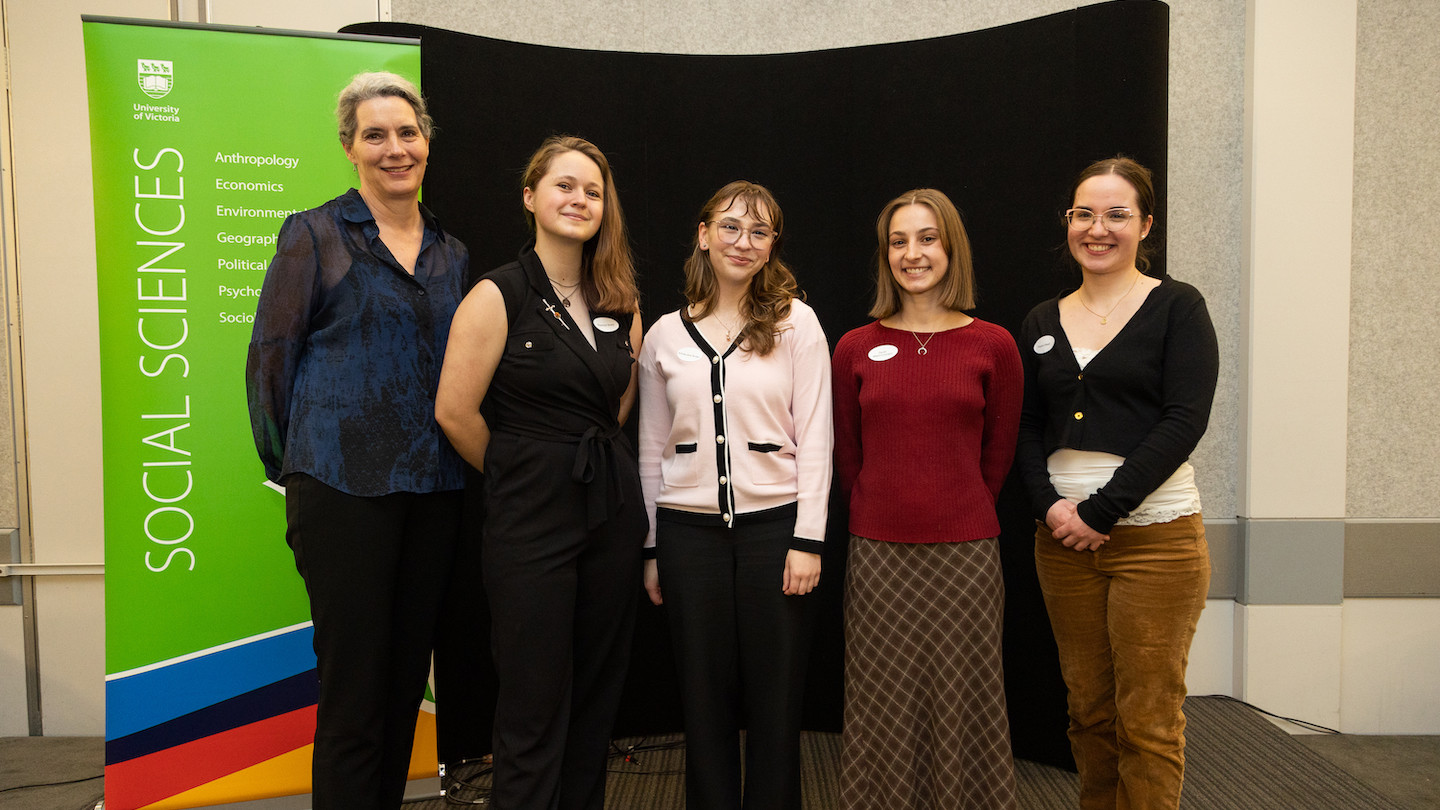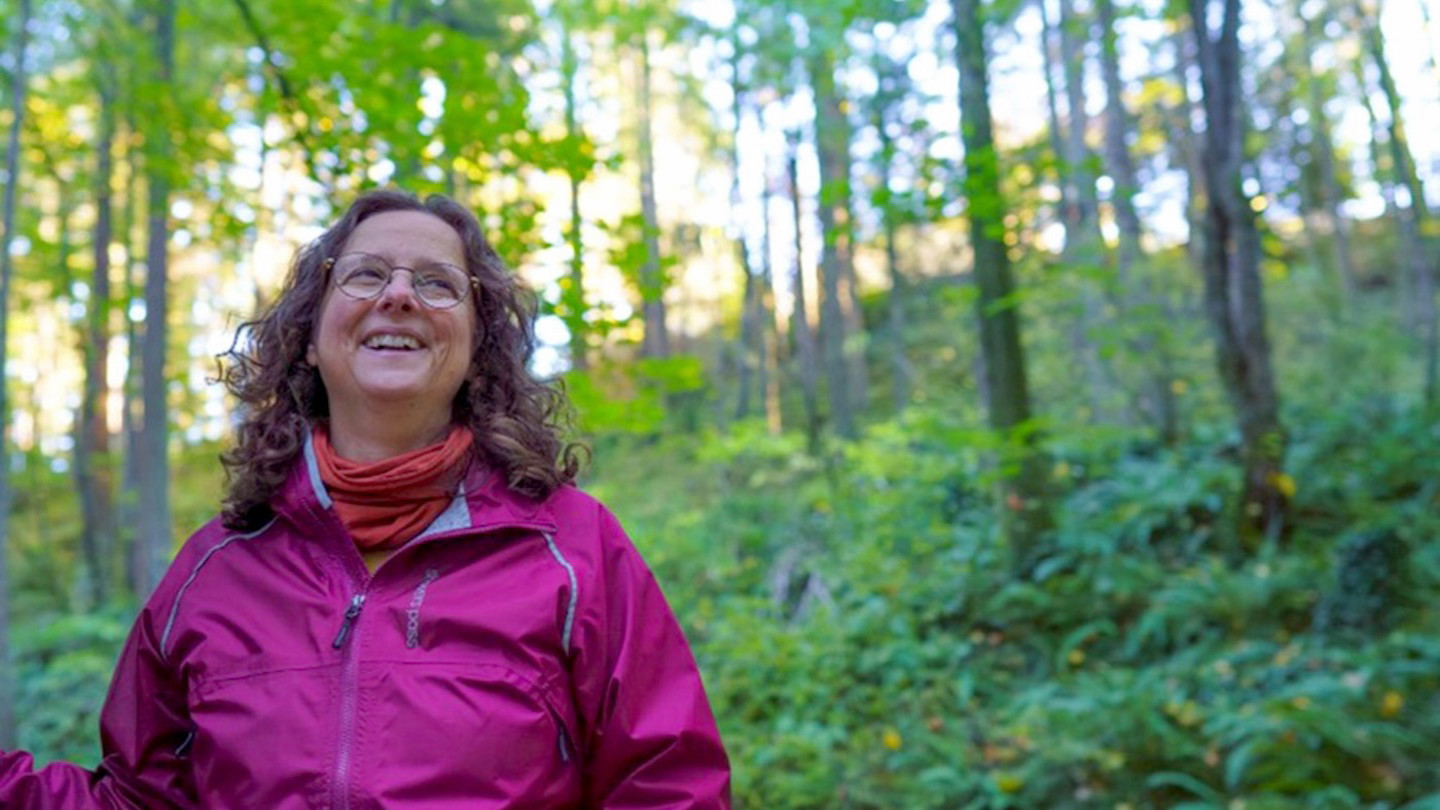Environmental Studies
At the School of Environmental Studies, we're a passionate community working toward a future where people and the planet thrive together. Our students are problem-solvers and future leaders ready to tackle today's biggest challenges. Together, we blend Indigenous wisdom, ecological science and social insight to confront issues like climate change head-on.
Announcements
Dr. Sarah Hunt / Tłaliłila’ogwa wins the Hilda Neatby Prize
June 24, 2024
We are delighted to announce that Dr. Sarah Hunt / Tłaliłila’ogwa has been awarded the prestigious Hilda Neatby Prize for her exceptional article, "Looking for Lucy...
Congratulations to our 2023-24 Excellence Award recipients!
May 14, 2024
We are thrilled to announce the recipients of the 2023-24 Excellence Awards within our environmental studies community. Thank you to those graduate students below for your dedication and commitment...
Invitation to apply: New ENVI Faculty position
April 16, 2024
We are seeking a new Assistant Professor of Environmental Studies (Indigenous)! Deadline to apply is September 15, 2024 with an anticipated start date of July 1, 2025. Find more information on the...
Congratulations to our ES Rising Stars of 2024
March 11, 2024
Congratulations to our Environmental Studies Rising Stars for 2023-24! Dorothy Hodgins - President's Scholarship & Lorene Kennedy Field Course Award Sarah Mastromonaco...
TCA: Shaping a Sustainable Future
February 1, 2024
In the face of climate change, ENVI Professor Kara Shaw has created the Transformative Climate Action (TCA) certificate program at UVic. This interdisciplinary program equips students with the...
Our commitment to racial justice and decolonization
The School of Environmental Studies at UVic acknowledges that the field of environmental studies has mostly included white individuals, which Dorceta Taylor refers to as the "Green Insiders Club." This white colonial dominance has not only weakened the discipline but also the larger environmental movement. We are dedicated to changing and questioning these old ways by using new approaches focused on decolonization and racial justice. Our goal is to highlight and learn from perspectives and experiences that have been overlooked in the past.
If you believe that we are not living up to this vision, please share your thoughts with us.
News
National Day for Truth and Reconciliation Podcasts
For National Day for Truth and Reconciliation on Sept. 30, media are invited to draw on a curated list of podcasts by Indigenous faculty, staff and students at the University of Victoria.
Safety message: Spiked or tampered drinks
This weekend, we have received concerns that students attending off-campus events may have had their drinks tampered with or spiked.
2024 UVic Schulich Leader Scholars
A pair of BC students who share an interest in water systems and the sciences, and who are beginning their studies at the University of Victoria (UVic) this fall, are among the 100 elite scholars...
Territory acknowledgement
We acknowledge and respect the Lək̓ʷəŋən (Songhees and Esquimalt) Peoples on whose territory the university stands, and the Lək̓ʷəŋən and W̱SÁNEĆ Peoples whose historical relationships with the land continue to this day.





